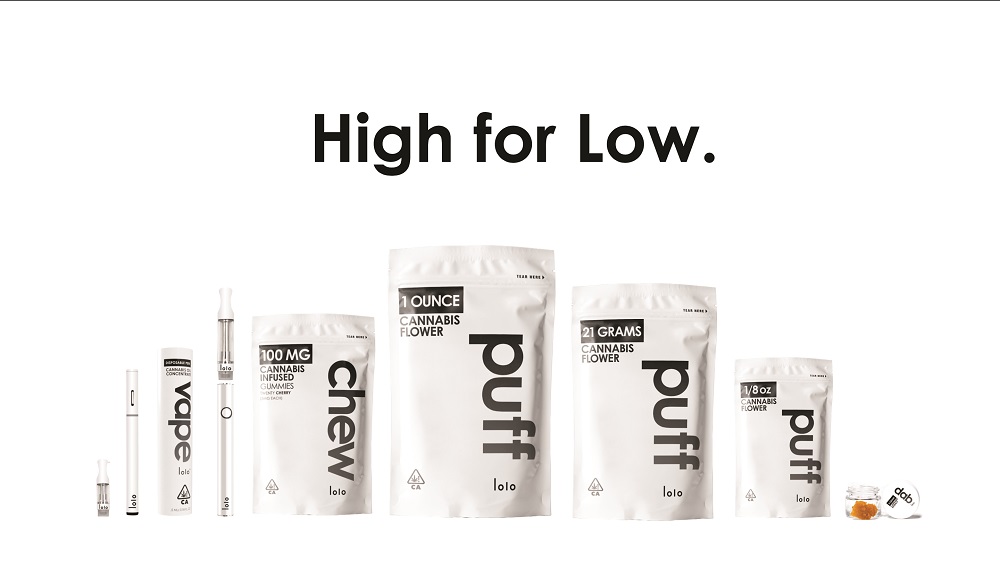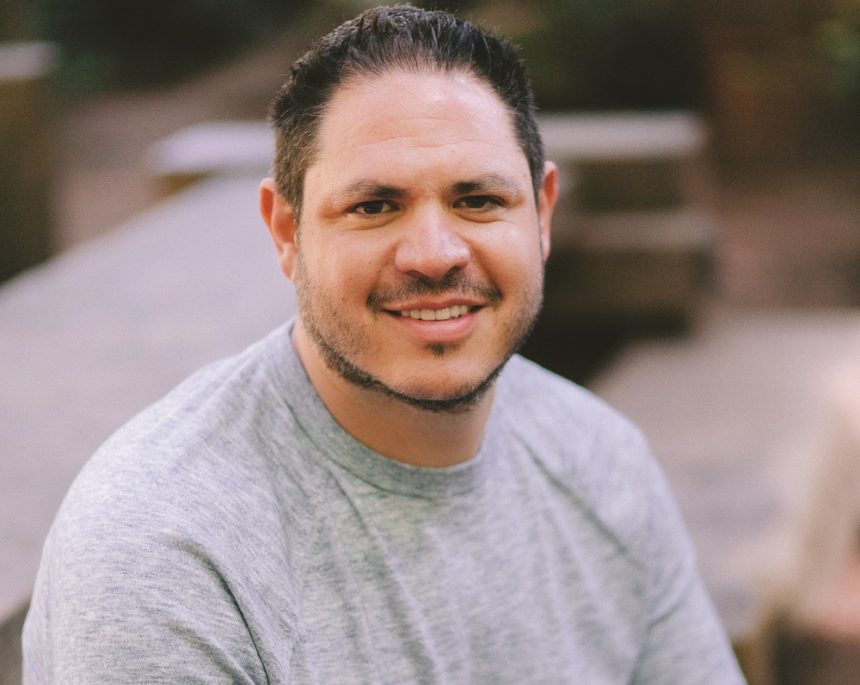Joel Lunenfeld has a knack for getting in on the ground floor of skyscrapers. He dove into the world of digital marketing in 1999 and social media in 2011, getting an up-close view on each business as it evolved from marketing curio to dominant force. So, for those who believe in the rule of three, take note: Lunenfeld has chosen cannabis marketing as his next domain to conquer.
Not that Lunenfeld throws around words like “conquer” when he discusses his new role as CMO of NorCal Cannabis, a California-based manufacturer, packager and distributor of all things cannabis. Rather, he likens the role and the responsibilities that come with it to typical CMO jobs in other, longer-established businesses.
“I’m managing 10 different brands: seven consumer goods products, two in-store experiences and one corporate brand. I’m managing a budget and working on ROI and getting the B2B story to the press,” he says. “So yeah, the short answer is that it’s a CMO job.”
Lunenfeld began his career in 1999, when internet advertising was in its infancy. He joined pioneering digital media firm Moxie Interactive before it dropped “interactive” from its moniker and became a part of Publicis’ Zenith-Optimedia group.
“At first, the job was primarily barter,” he recalls. “There were literally no rules. We were exchanging value before we had any idea what to charge for this stuff.”
The experience he gained working with clients such as L’Oréal, Verizon and Nestlé served Lunenfeld well when he made the decision to switch jobs and industries in 2011, joining Twitter as VP, global brand strategy. In that role, it fell on him to figure out what marketing on the platform (and within the larger digital-marketing universe) looked like.
It’s a little bit like building the plane while you’re flying it. But that’s where the most creativity happens. You have the chance to shape an industry for years to come.
“The joke I always heard was, ‘Wait, there’s a business strategy?’” he says.
It wasn’t until Lunenfeld left Twitter two years ago that he was able to reflect upon the similarities in his first two professional lives. “I realized that I like the runway,” he says. “Is it exciting and scary? Yes and yes. It’s a little bit like building the plane while you’re flying it. But that’s where the most creativity happens. You have the chance to shape an industry for years to come.”
A third such opportunity is what enticed Lunenfeld to join NorCal, a few months after he personally invested in the company. He got to work right away, embarking on what he believes to have been the first cannabis customer segmentation study. Among the unexpected learnings: Cannabis users defy traditional demographic breakdowns. Usage is even between men and women, among age groups and across income levels. Meanwhile, 30% of consumers (“what we call the heritage consumers, the people who have been using cannabis for a long time,” he says) account for 60% of cannabis spending.
Lunenfeld also studied the messaging techniques adapted by alcohol manufacturers during and after prohibition. “Now they lead with lifestyle — ‘Have a beer and you’re gonna have a great time and be with great people’ — but after prohibition, the message was almost a medical one. It was positioned as an elixir.”
All this and more has informed NorCal’s marketing strategy in health/wellness as well as in a broader sense. The biggest challenge, not surprisingly, has been “taking something that’s never been branded before, outside of strand names, and convincing people to look for a brand first,” as Lunenfeld puts it. Along those lines, he draws a comparison with the bottled-water industry. Twenty years ago, brand preference was virtually nonexistent; today, it’s Fiji or bust for a significant percentage of customers.
That’s why Lunenfeld believes the next 18 to 24 months are pivotal, both for NorCal and for the cannabis biz as a whole. While he describes the industry’s current stage as “foundational — it’s about putting quality products on the shelves that are reliable,” he says companies have a one-time-only opportunity not only to firm up their infrastructures and cultures, but also to establish brand preeminence.
“Brands will have the most value over time, but today only one-third of cannabis consumers can name a single brand,” he notes.
Not surprisingly, determining how to effectively speak to consumers — longtime cannabis users and curious newbies alike — ranks near the top of Lunenfeld’s priority list. To date, much of the messaging for cannabis brands has centered around basic product attributes (“this will make you sleepier,” “this will give you energy” and the like). The opportunity for NorCal lies with “ushering in people in a way that really emphasizes the benefits,” Lunenfeld explains. “There are all these ways you can represent what’s on the market but also represent customers’ needs. Hopefully some of these products can replace opioids and sleeping pills.”

And then there’s education. Rather than merely blitzing consumers with advertising, NorCal will likely turn toward content marketing to convey the charms of its products and larger market niche. “I think you’ll see a focus on the proliferation of content — not just quote-unquote weed-based content — that acknowledges and celebrates how cannabis is already such a big part of the culture. We’re talking mainstream infiltration into movies and TV, influencers, ambassadors, all of it.”
NorCal’s first such booster is comedian Chelsea Handler, who is partnering with the company on a line of branded cannabis products targeting women. The products, including a vape line and an edible, will debut later this year.
The partnership was forged in the wake of the segmentation study, which revealed women have been underserved by cannabis companies. “The idea is to teach and speak to a specific consumer in a way that only someone like Chelsea can,” Lunenfeld says.
The study also revealed another neglected market niche, this one around price. “There’s a real need for value brands — everything from edibles to flower to vapes — that offer good quality at a good cost and value,” Lunenfeld continues. NorCal has started to fill this void via the recent launch of Lolo, now on the market with seven products, including gummies, batteries for vapes and all-in-one vapes.
Lunenfeld also hopes to address larger misperceptions about the cannabis industry and particularly its leadership. “There’s a little bit of this belief that people aren’t going to be responsible or be able to function in the boardroom, and the truth is just the opposite,” he says. “Honestly, what it reminds me of most is the startup tech world. You’ve got people who have had to build things themselves while navigating this complex legal and compliance environment. That’s not easy.”
Thus, if you’re approaching the cannabis craze from the vantage point of stoner-culture-goes-mainstream, you might want to recalibrate your thinking. Rather, appreciate that you might be witnessing The Next Big Thing, in health/wellness and elsewhere, unfolding in real time.
“The reality is that everyone I’ve met so far is doing this not just to turn a profit, but also for the good of the people and the benefit of the plant and righting social injustices that we’re all just beginning as a society to figure out how to clean up,” Lunenfeld says. “People outside the industry might not see it, but that’s our north star.”
From the September 01, 2019 Issue of MM+M - Medical Marketing and Media







